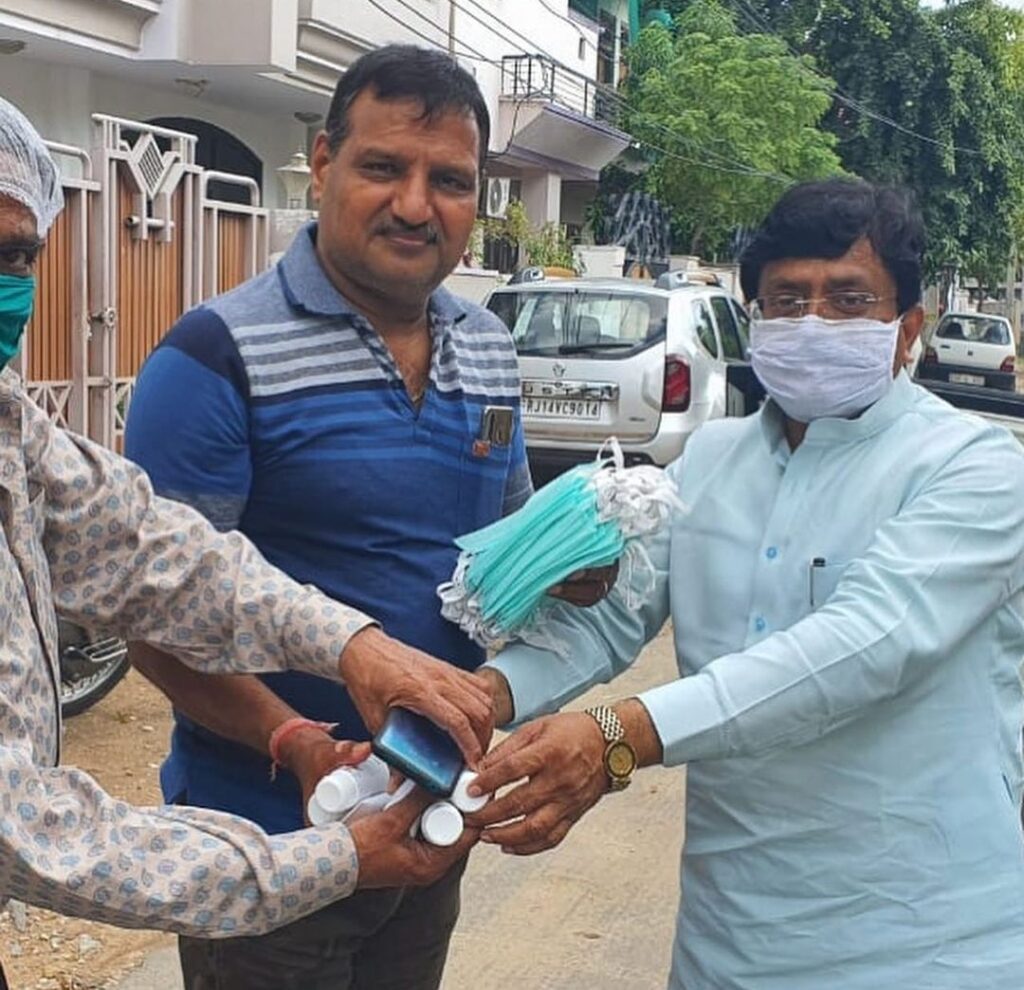Blog
Latest Blog
Introduction
NGOs are non-governmental organizations. They are not affiliated with any government but play an essential societal role. NGOs can be extremely helpful for many reasons and can be found in almost every country worldwide.
NGO stands for “non-governmental organization.” This means they are not associated with any government or political party but instead focus on specific issues such as human rights or environmental protection. NGOs can be found in all countries worldwide because they help people who need it most: those who cannot afford healthcare or education on their own, who live below the poverty line etc.
The Benefits of NGOs:
Non-governmental organizations (NGOs) play a vital role in society by addressing various social, economic, and environmental issues. Here are some of the benefits of NGOs:
- Providing Aid and Assistance: NGOs offer aid and assistance to needy people, particularly in areas where government resources are limited or non-existent. This assistance may come from food, shelter, healthcare, education, or other necessities.
- Advocating for Human Rights: NGOs often promote and protect human rights, such as freedom of speech, religious freedom, and the right to a fair trial. They also advocate for the rights of marginalized groups, including women, children, and minority communities.
- Promoting Sustainable Development: NGOs promote sustainable development by addressing climate change, environmental degradation, and natural resource depletion. They also promote sustainable practices in industries such as agriculture and forestry.
- Providing a Voice for the Underprivileged: NGOs give a voice to people who might otherwise go unheard. They work to empower individuals and communities to advocate for themselves and to participate in decision-making processes that affect their lives.
- Fostering Social and Economic Development: NGOs promote social and economic development by providing training, education, and community support. They also work to create jobs, encourage entrepreneurship, and build sustainable livelihoods.
- Creating Awareness: NGOs raise awareness about various social, economic, and environmental issues through campaigns, media outreach, and advocacy. They work to educate the public about the causes and consequences of these issues and to mobilize support for solutions.
- Encouraging Civic Participation: NGOs encourage civic participation by promoting democracy, transparency, and accountability. They also work to build capacity within communities to engage in civil society activities and to hold their governments accountable.
NGOs are critical in addressing various societal challenges and promoting social, economic, and environmental development.
The Role of NGOs in Other Sectors:

The Role of NGOs in Disaster Relief
NGOs play a vital role in disaster relief. They provide emergency relief, rebuild communities and provide resources and support to those affected by the disaster.
The Role of NGOs in Education
NGOs play a critical role in providing access to education. They create educational opportunities for children and young people who otherwise would not have them, including those living in poverty or conflict zones. NGOs also support initiatives that aim to improve the quality of schooling by providing teachers with training and resources; helping schools become more inclusive; building relationships between schools and communities; supporting students’ learning through mentoring programs; etcetera.

The Role of NGOs in Health Care
NGOs are essential to the health care system. They provide access to health care, create initiatives and support existing ones.
NGOs can help people who need medical attention but need more money or insurance. For example, an NGO may provide medical supplies or pay for transportation costs so that someone can get treatment at a hospital far away from home. NGOs also help people who need to learn how much things cost when shopping at the grocery store because they don’t have any money (this often happens in developing countries).
The Role of NGOs in Human Rights
NGOs play a vital role in promoting and protecting human rights. They support human rights initiatives, create awareness about human rights issues and provide legal aid to victims of violations. NGOs also monitor government activities to ensure they comply with international standards on human rights.
The Role of NGOs in Environmental Protection
NGOs play an essential role in environmental protection. They can create environmental initiatives, support existing ones, and raise awareness about the need for conservation. These organizations are often staffed by volunteers who donate their time and energy to protect the environment.

The Role of NGOs in Social Change
NGOs play a crucial role in social change. They create awareness about issues, promote social change, and support initiatives that bring about positive societal changes.
The Role of NGOs in Poverty Reduction
NGOs can provide economic opportunities for people who are living in poverty. They create economic initiatives and support poverty reduction initiatives that help people lift themselves out of poverty.
NGOs also play an essential role in promoting sustainable development by protecting the environment, conserving natural resources, and promoting social justice through advocacy campaigns.
Conclusion
In conclusion, non-governmental organizations (NGOs) are crucial to our society. They play a vital role in addressing various social, economic, and environmental issues by providing aid and assistance, advocating for human rights, promoting sustainable development, providing a voice for the underprivileged, fostering social and economic development, creating awareness, and encouraging civic participation. NGOs fill gaps where governments fall short, providing essential services to those who need them most. Without NGOs, many people would be left without the support they require, and critical social, economic, and environmental issues would go unaddressed. Therefore, we must continue to support and encourage the work of NGOs in our society.


